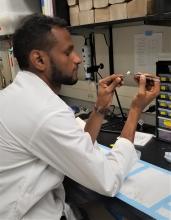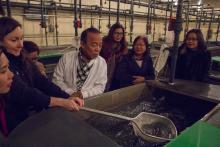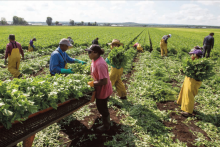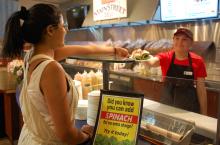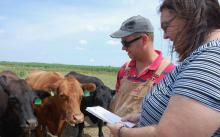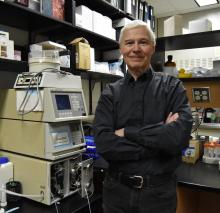COVID-19: Enhanced Biosecurity Protocol for Animal Facilities Managed by the Office of Research, University of Guelph
Temporary Enhanced Biosecurity Protocol
There are important, temporary changes to the biosecurity protocol for animal facilities managed by the Office of Research in consideration of coronavirus disease (COVID-19). The present risk necessitates modifications to our biosecurity protocol to protect staff and ensure continuity of animal welfare and care.

